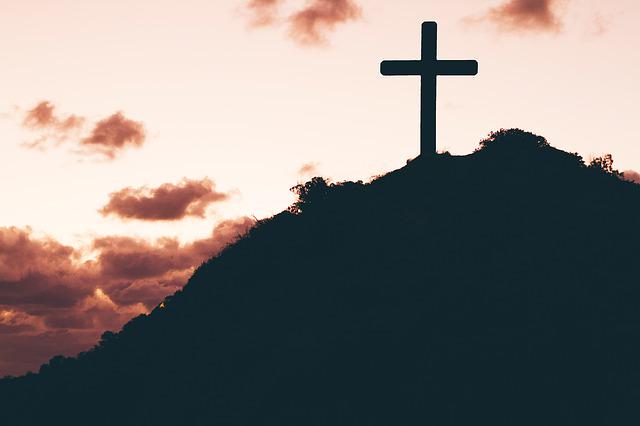Recently, a female believer who prefers to be called Y, based in East China, shared her insights about suffering after meditating on Ruth 1:1-7: "Suffering can deepen us."
The opening chapter of the book of Ruth recounts how Naomi's family left their homeland of Judah because of a great famine in the country at that time for which people were short of supplies. In our life, we could also face the status of insufficiency in God's house, which might be a pastoral shortage or the lack of preaching sometimes.
What should we do when faced with such a situation in the church? As a servant of God, Y shared that first of all, pastors should repent to make changes, praying for their inadequate workability. Secondly, believers should not just complain about the supply deficit, but find solutions to the problem with prayers for the church and pastors.
"Tests and trials give us opportunities to come to know God better," she said. When we encountered hardship, escape would be our natural response. Naomi's family still did not get rid of the suffering after they escaped from Judah. Obviously, escaping was not the solution to the problem. When famine came, God wanted to test whether his people could still confess, “Jesus Christ is my Lord and my King”.
Some believers said to Y, "I am under a lot of pressure right now since I need to work hard to support the elderlies and young children at home. When my family conditions improve, I will come to church." Or others would say, “When I am financially free, I will attend church services.” Even a male believer once promised to Y, “I endeavor to make a fortune with which I will donate a meeting house to our church.” With these thoughts, we were under the impression that we were only temporarily away from the church, but in fact, our hearts had been slowly drifting away. The longer we were occupied in the secular world, the closer we were to it, and the farther we would be from God.
However, God never gave up on us in the valley of affliction. "There is one thing we must remember that no matter what happens, we must turn to Him." At the most desperate moment in her life, Naomi heard from God. “For she had heard in the country of Moab that the Lord had considered his people and given them food”.” That was a turning point in Naomi's life. If we wanted to seek God, we must first abandon our own thoughts and trust in Him. It was the most effective way to solve suffering.
God wanted us to turn to Him in a life of hardship rather than deal with it on our own. It would take practice for us to seek God for guidance and direction. Just as the Israelites in the wilderness learned to look up to the bronze serpent lifted up by Moses, we should also learn to look up to Jesus Christ to be saved.
Meanwhile, in suffering, we learn obedience.
[Hebrews 5:8] Even though Jesus was God’s Son, he learned obedience from the things he suffered. Jesus went through suffering to experience our feelings and weaknesses, for which he became the ultimate example of obedience.
[John 15:2]The owner of the vineyard would often prune the vines and cut weeds so that the vines could be even more fruitful. The pain God put us through was actually cleansing the impurities in our lives and making us more fruitful.
[2 Corinthians 5:4] Only when we experienced hardship and pain ourselves could we truly feel the distress with empathy for those in it.
Y encouraged others to often contemplate in the midst of suffering, “Why do I feel bitter? What makes me suffer? What does suffering mean to me?” Thinking in this way would help us conform to God in suffering. The pains we experienced would not become disasters and poisons. At the same time, we must know that suffering was not the whole faith, but only God’s tool for refining us. His perfect plan was to accomplish an incomparable glory for us in the end.
- Translated by Shuya Wang












